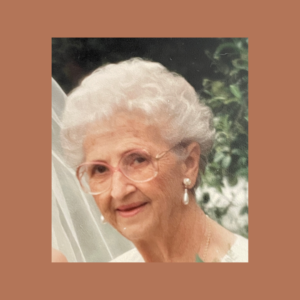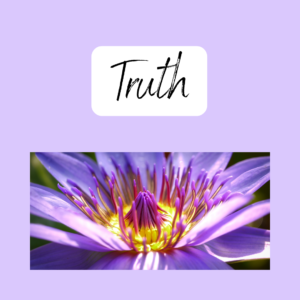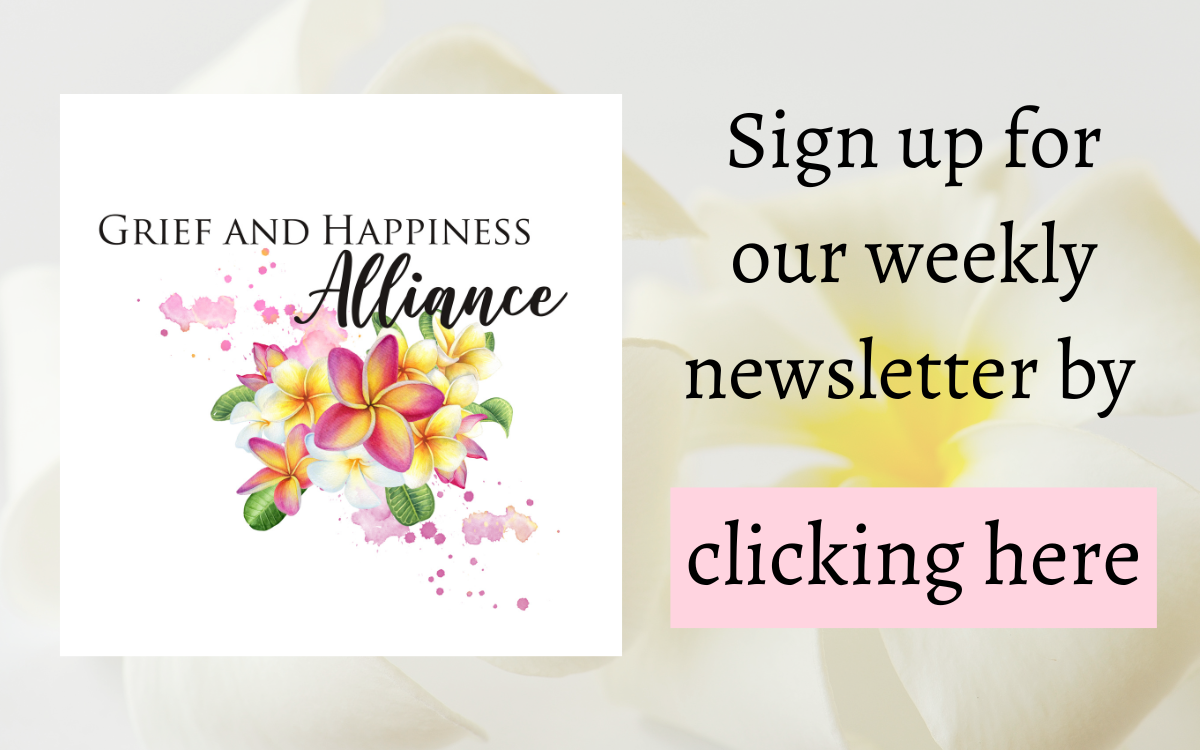
I am featured on a podcast created by Paul Samuel Dolman called What Matters Most. I became acquainted with Paul by an amazing journey of coincidences. Two years ago, I traveled from Maui to Los Angeles to do a presentation at Soul Sisters Retreat, one of my very favorite places to go. When I got to LAX, a giant-sized airport, I waited what seemed forever for my bus to arrive to take me to my rental car. I had booked through a small rental company, and I became concerned that maybe they didn’t have a bus as the large busses from the large companies whizzed by. Finally, a small bus drove up and when I boarded, there were only two others in the bus. I couldn’t help but hear their conversation, and one voice sounded very familiar.
I heard Kate’s unmistakable Tennessee accent, and sure enough, it was Kate! Kate and I had been business partners years before she moved back to Tennessee. She was surprised to see me, too! She introduced me to her friend Leisa as an author from Maui. Leisa said she had a friend who was an author from Maui also, Paul Dolman. And Kate explained to me that the only reason they were on that bus was that their flight from Tennessee had been delayed for 8 hours making our chance meeting possible.
When I got to my room, I decided to look Paul up on Facebook to see who he was. We had one mutual friend, and that friend was my agent Meriflor, in Toronto! I emailed Meriflor and she said that Paul is a wonderful person and that when my book came out, she would contact him to do an interview with me. Unpacking, I picked up the book I was reading, Hitchhiking with Larry David, and the author was Paul Dolman, who also wrote the last book I read, Seven Crazy Days on Maui. In that book he mentioned people and places I knew on Maui.
My book, Loving and Living Your Way Through Grief, was published in January, and as promised, Meriflor contacted Paul to interview. Paul let me know that he was pretty booked up so that it would probably be a while before he could get me on his podcast, and he asked me to send him a copy of my book. A week later he emailed me and asked if we could talk right then, so we Skyped. He had read the book just as the country was reeling from over 500.000 deaths from the pandemic. Paul said that the information in the book was so valuable that he wanted to get the word out about it immediately, so we recorded the podcast right then!
That podcast was released today on What Matters Most. You can listen to it by clicking here.
I would love to hear what you think about it.





